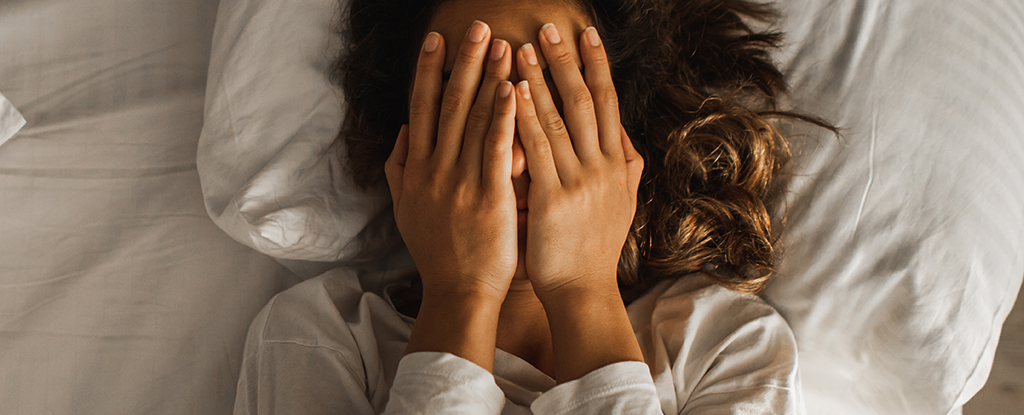If you’re feeling the need for a power nap after a night of poor sleep, consider a short exercise session instead. New research suggests it can effectively counteract the decrease in cognitive function caused by a restless night. The study, led by researchers from the University of Portsmouth in the UK, provides interesting new insights into how exercise benefits our bodies – even in low oxygen environments.
The study involved two experiments, each with 12 healthy adult participants. One experiment tested cognitive performance after three nights of partial sleep deprivation (PSD), and the other tested after one night of total sleep deprivation (TSD) in a state of hypoxia (low body oxygen), compared to a normal amount of sleep.
The results showed that just 20 minutes of exercise on an exercise bike improved brain function in all conditions: PSD, TSD, and hypoxia. This finding is particularly useful for a wide range of people, from new parents to mountain climbers.
“We know from existing research that exercise improves or maintains our cognitive performance, even when oxygen levels are reduced,” says exercise physiologist Joe Costello from the University of Portsmouth. “But this is the first study to suggest it also improves cognitive performance after both full and partial sleep deprivation, and when combined with hypoxia.”
Although the link between exercise and brain function has already been established, this study provides further evidence. For example, it’s typically thought that exercise benefits the brain by providing it with extra oxygen, but this study showed cognitive improvements even in low oxygen environments. This suggests that other factors, such as brain-regulating hormones, could be involved, or perhaps increased arousal and motivation.
Additional research will be required to delve deeper into these findings, but the study provides valuable new information about the relationship between sleep, exercise, and cognitive ability. It’s important to note that sleep deprivation is often experienced in combination with other stressors, such as disruptions to sleep patterns caused by traveling to high altitude.
Research suggests that around 43 percent of people don’t get the recommended 7-9 hours of sleep per night, which can have significant impacts on physical and mental health. However, the study’s findings show that we may be able to quickly reverse the negative effects of sleep deprivation through exercise.
“The findings significantly add to what we know about the relationship between exercise and these stressors, and help to reinforce the message that movement is medicine for the body and the brain,” says Costello. The research has been published in Physiology & Behavior.


